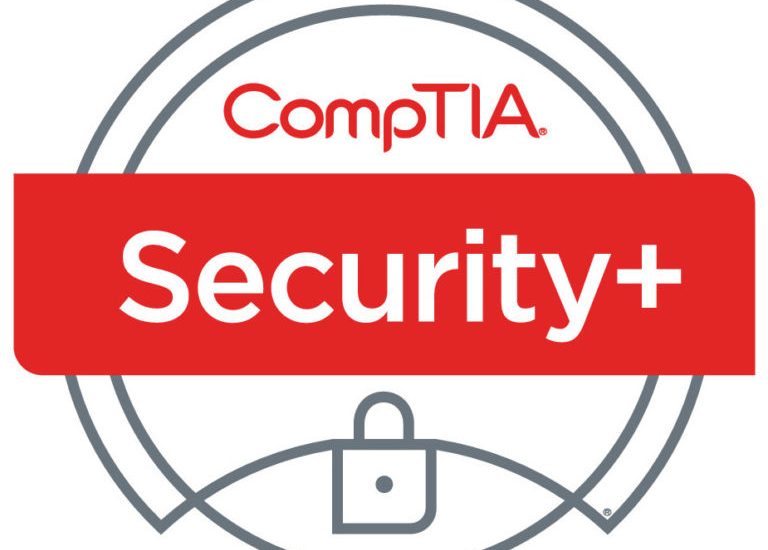- September 15, 2023
- Posted by: team SOUTECH
- Category: Blog, Cyber-security and Ethical Hacking Training, Ethical Hacking and Kali Linux Free Training, Security

Network attacks are a common threat in cybersecurity, and CompTIA Security+ certification covers strategies for defending against them. In this article, we explore key network attack types and the defense mechanisms taught in the certification.
Understanding Network Attacks: Network attacks involve unauthorized access, disruption, or manipulation of network resources. CompTIA Security+ candidates will learn about various network attack types.
Malware Attacks: Malware, including viruses, worms, Trojans, and ransomware, can infect systems and networks. The certification covers malware prevention and removal techniques.
Denial-of-Service (DoS) Attacks: DoS attacks aim to disrupt network availability. Candidates will explore DoS attack types and mitigation strategies.
Distributed Denial-of-Service (DDoS) Attacks: DDoS attacks involve multiple compromised devices. The certification covers DDoS attack prevention and response.
Man-in-the-Middle (MitM) Attacks: MitM attacks intercept and manipulate communication between two parties. Candidates will learn about MitM attack scenarios and countermeasures.
Network Scanning and Enumeration: Attackers often use network scanning and enumeration to gather information about network assets. The certification covers techniques for detecting and thwarting such activities.
Wireless Attacks: Wireless networks are vulnerable to various attacks. CompTIA Security+ explores wireless security best practices and countermeasures.
Password Attacks: Passwords are a common target for attackers. Candidates will learn about password attack techniques like brute force and dictionary attacks.
Intrusion Detection and Prevention Systems (IDPS): IDPSs are essential for detecting and preventing network intrusions. The certification covers IDPS concepts and deployment strategies.
Firewalls: Firewalls play a crucial role in network security. Candidates will explore firewall types, rulesets, and placement in the network.
Network Security Best Practices: Following network security best practices is essential for defending against network attacks. CompTIA Security+ emphasizes best practices in network security.
Conclusion: Network attacks pose significant risks to organizations, and CompTIA Security+ certification equips professionals with the knowledge and skills to defend against these threats effectively.

